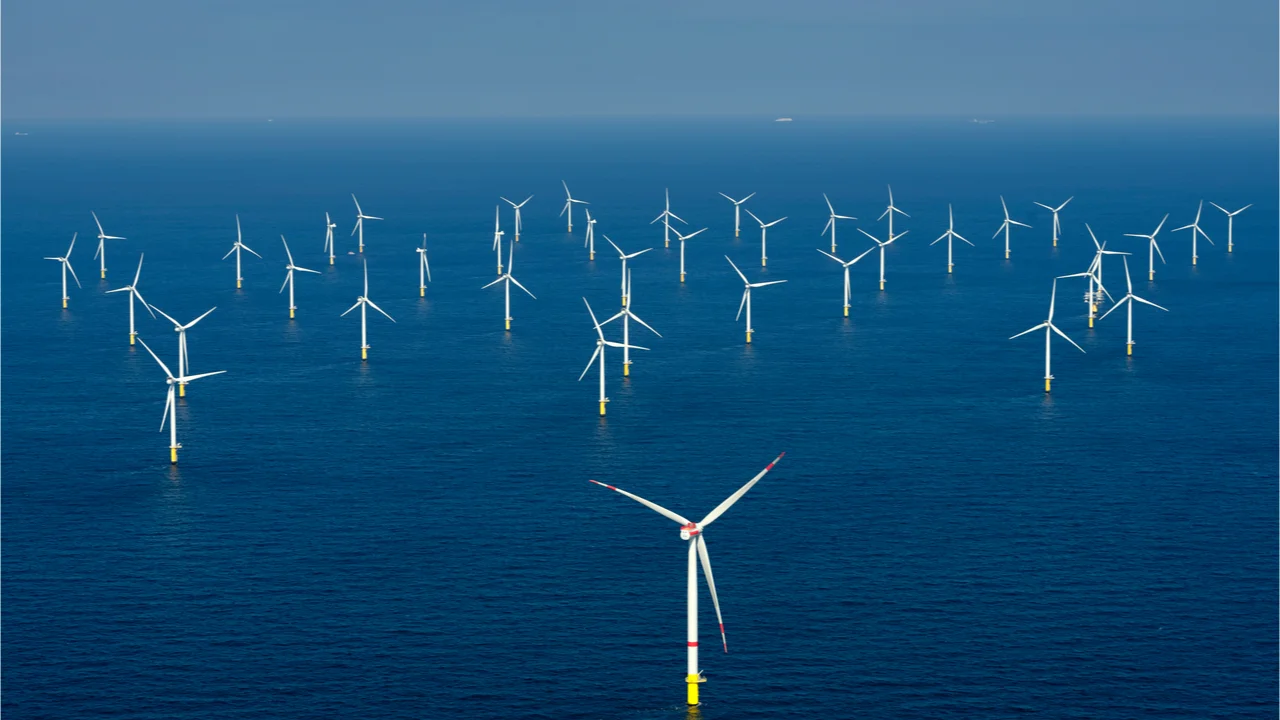Wind farms might be about to hit troubled waters as investors increasingly look to be turned off by brand new projects after the sector endured a rough week.
This week, fossil fuel giant Shell decided to pull the plug on its plans to invest in and develop brand new offshore wind farms. Instead the oil and gas major will concentrate on the projects already in its pipeline.
It seems to be a growing trend, as supply chain constraints, rising costs, grid connection issues and shrinking margins have all combined to put the likes of Shell, BP and Equinor off investing more capital in wind farms.
Instead, they are doubling down on their existing oil and gas business, as well as biofuels, which rely on the same kind of refinery infrastructure they have spent decades building up.
Majors have been emboldened by the fact that there is still demand for fossil fuels and a strong signal from the international community about transitioning away from hydrocarbons has simply not emerged.
At this year’s COP29 climate summit for example, there was no consensus on including a fossil fuel phaseout push in the meeting’s final declaration.
This is not just a fossil fuel company problem either: Danish wind developer Ørsted has seen its revenues slashed in recent months, while the Swedish government nixed a number of planned offshore wind farms over defence and security concerns.
Denmark’s latest auction round kicked off this week but returned no bids. It is the wind-mad country’s first zero-subsidy auction and other factors like state-ownership criteria dampened any appetite to stump up cash.
A casual observer would be forgiven for thinking that the sector is not in trouble, especially when not a day goes by without some headline trumpeting news about offshore wind projects being completed or a new contract being signed to buy electricity from turbines.
But this is because we are in the midst of a project backlog. There are around 500 gigawatts of wind projects waiting for approval and a connection to the European energy grid. Much of the activity is these developments actually being actioned.
Of course, not all of those projects will see the light of day and even if they did, that amount of capacity would not be enough to satisfy clean energy demand in the decades to come. That is why brand new projects are oh-so vital to decarbonisation efforts.
It is a problem that is only likely to fully emerge in the next five to ten years, once the pipeline is cleared a little further and the horizon line is a little closer. That means that there needs to be action now in order to prevent a serious clean power shortfall.
That includes making sure permitting procedures are streamlined, grid connection queues are shortened and lucrative financial safety nets like contracts-for-difference are put in place by regulators.
More efforts are also needed on the labour market side of things, as the industry is facing a shortage of qualified workers. Investments need to be made in graduate programmes and vocational training to get that workforce up and running.
If the right steps and measures are not taken now, then we risk seeing the offshore wind bubble burst rather than keep growing. That would be disastrous for Europe’s decarbonisation objectives and climate commitments.
Want more updates and analysis of what is happening in the world of energy and climate? Interested in finding a job in the sector or more information about public tenders? Sign up to our Energy Rundown newsletter here!

